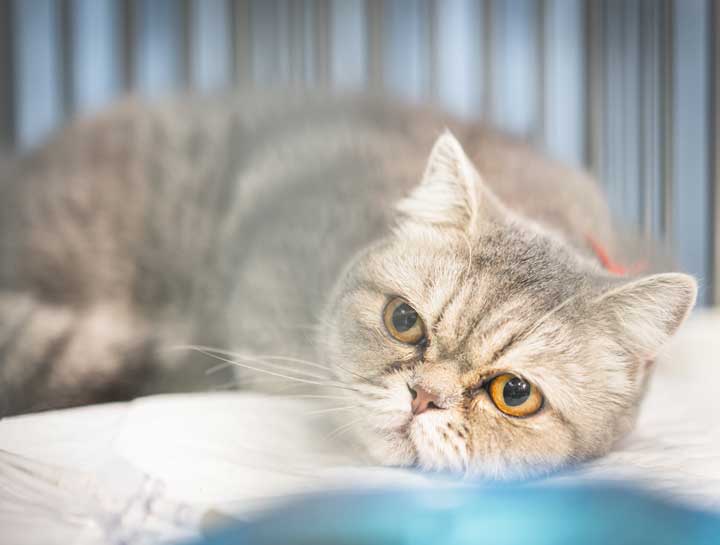Surgery Information
Details of how your pets day will go.
We do everything we can to minimize the risks involved in surgery and keep you informed. We require pre-surgical bloodwork prior to all of our surgical procedures. We want to make sure your pet's body can handle not only handle the stress of surgery but also be able to recover safely from anesthesia. The anesthetic drugs and pain medications we use are excreted from the body by either the liver or kidneys. If either of these organs is compromised we will modify the drug protocol, and give fluids or additional medications to make anesthesia as safe as possible for your pet.
We recommend sending out blood work that includes basic chemistry, complete blood count, and clotting times to make sure your pet is healthy for surgery. Two weeks to 3 days before your pet's procedure we schedule an appointment to have your pet's blood drawn prior to the procedure. This is your opportunity to ask questions, chose your surgery options, and meet with one of our doctors if you are new to our practice.
Additional services available to keep your pet safe and speed up the healing
We recommend having an IV catheter placed for your pet's surgery. An IV catheter can make a life-saving difference in the rare event of an emergency. Your pet's catheter would be placed before anesthetic medications are given and stay in place until your pet is fully awake and moving around. We also offer blood pressure and ECG (heart wave) monitoring to look for problems with your pet's heart that may affect the surgery.
The surgeon performs an exam on each pet prior to surgery to look for any changes that may affect anesthesia. The surgery technician also monitors each pet closely under anesthesia to ensure they are doing well.
Preparing for surgery day
Food should be withheld for 12 hours starting the night before surgery. Your pet can be offered water until the morning of the procedure. Patients often go home the same day after their procedure with personalized discharge instructions on how to care for their pets at home.
How can I prepare to care for my pet at home after surgery?
Your pet will likely have either skin sutures or staples. It is important to monitor the incision for swelling and discharge. If your pet licks the incision at all your pet will need an e-collar to prevent this. It is important to limit your pet's activity for two weeks post-surgery to allow the incision to heal. Your pet cannot have a bath for the first 2 weeks after surgery. Sutures and staples are removed in 10-14 days.
How can I help reduce my pet's pain after surgery?
We strive to have pain-free recoveries for every individual. We utilize a combination of injectable pain medications during and after surgery as well as oral pain medications after surgery to help your pet stay comfortable post-op. In addition to pain medications, we strongly recommend laser therapy to speed surgery site healing and relieve pain quickly and effectively. We would love to talk to you about treating your pet's pain and answer any questions you may have!
Call us today at (765) 642-8117 for more information on our surgical care services.

